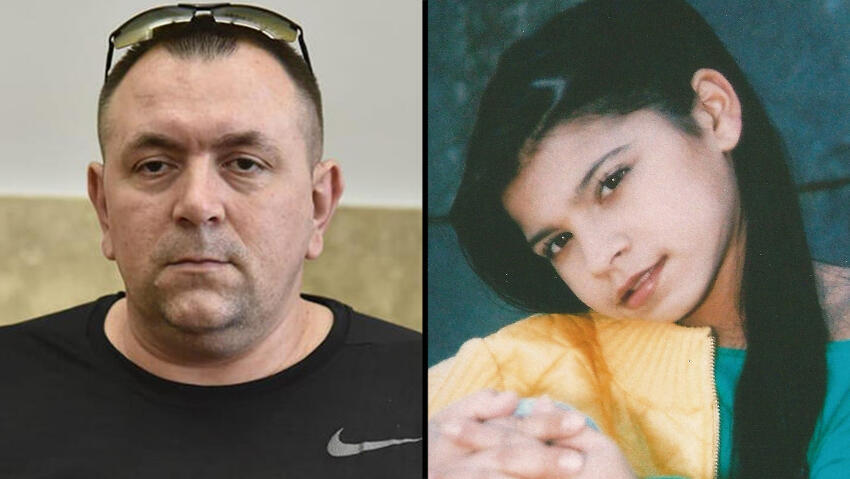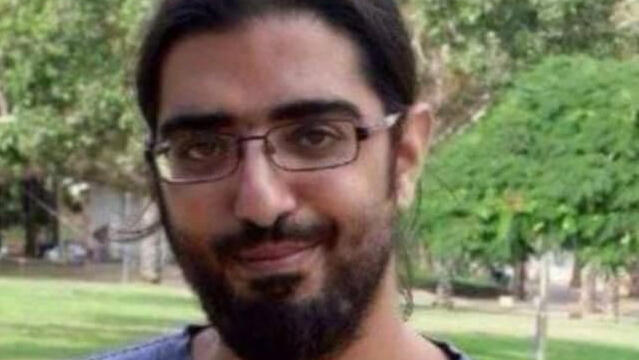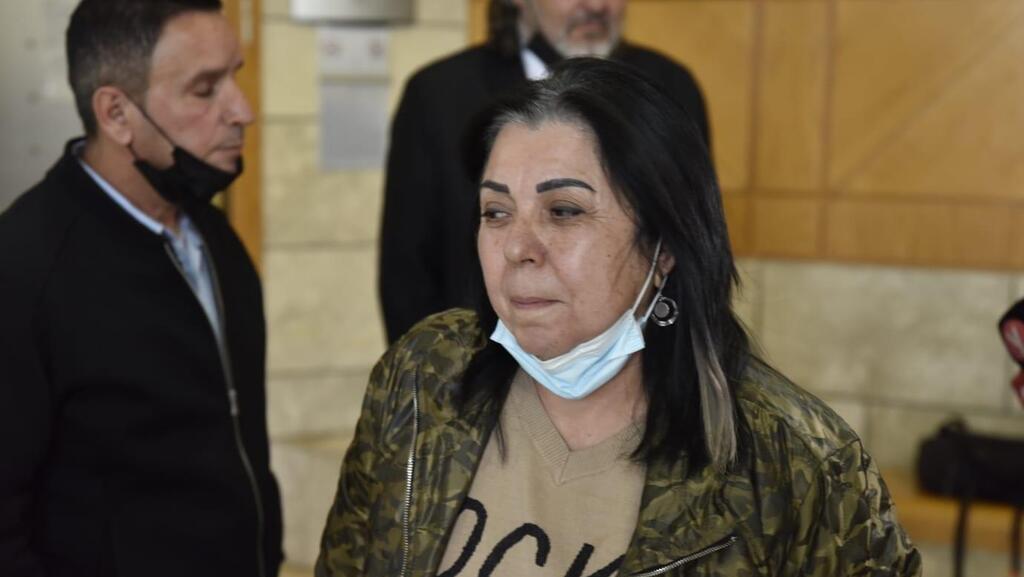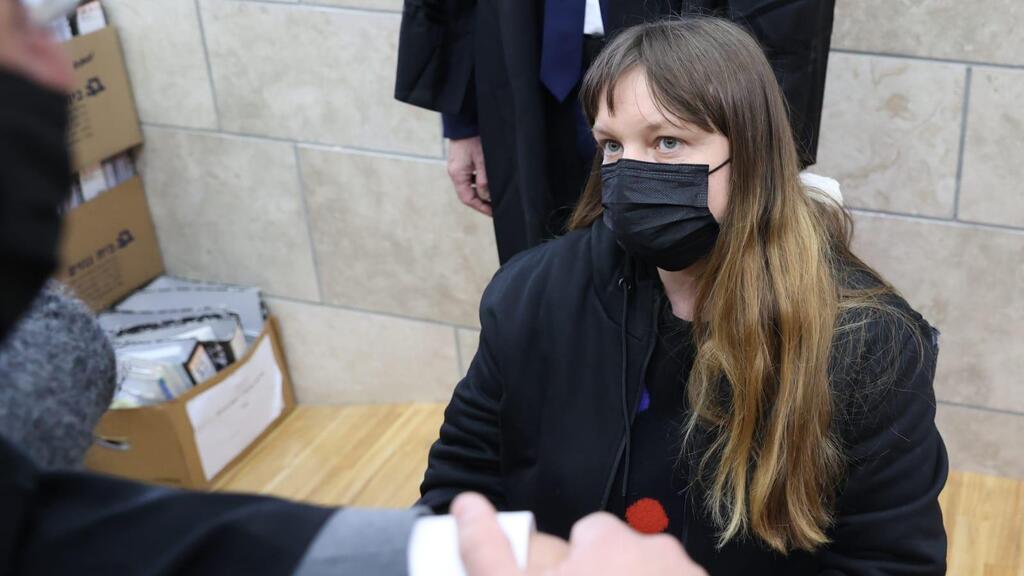Getting your Trinity Audio player ready...
A hair found at the scene of the 2006 murder of a 13-year-old girl could match the genetic profile of the former partner of a woman who was previously accused of having committed the brutal killing.
According to reports in Hebrew media, a mitochondrial DNA test of the hair sample showed it could belong to Adir Habani, the former partner of Olga (Ola) Kravchenko.
Kravchenko, who was known to the Israeli public for years only by her initials O.K, was previously accused of having murdered her classmate Tair Rada in a bathroom stall in the town of Katzrin in the Golan Heights in northern Israel.
The new findings raise further questions about the involvement of Roman Zadorov in Rada's murder.
Zadorov, a Ukrainian immigrant who worked as a janitor at the school at the time of Rada's death, was convicted twice for her murder and served 15 years in prison before the Supreme Court ordered a retrial and Zadorov's release to house arrest.
Tair Rada's murder has captivated the Israeli public for years, owing both to its sheer brutality and a host of conspiracy theories that have sprung around it.
The Health Ministry said in a statement that the hair sample was examined at the Institute of Forensic Medicine using advanced methods including an examination of mitochondrial DNA. The testing was carried out at the request of Zadorov’s defense and with the approval of then-attorney general Avichai Mandelblit.
The hair sample that was examined was taken from the same area on Rada's body where another hair that matched Habani's DNA was found. Due to the defense's demand for an examination of more hairs, the samples were sent for further examination in the United States.
During the trial, several experts attested to the shortcomings of mitochondrial DNA sequencing, which they said is not always accurate.
Sources close to Tair Rada's mother Ilana, who has long held that Zadorov was innocent of her daughter's murder, said she demanded the "immediate arrest of Adir Habani and Ola Kravchenko."
Zadorov's attorney Yarom Halevy is expected to file a request for an urgent court session in light of the recent findings. The evidence phase of the retrial has already concluded and the State Attorney's office is scheduled to submit its conclusions in less than two weeks.
The first hair sample that matched Habani's DNA profile was reported in 2018. Habani, who had previously lived in Katzrin, claimed that his former partner Kravchenko confessed to him that she had murdered Rada while wearing his clothes. Habani and Kravchenko were in a relationship for nearly nine years, with Kravchenko claiming Habani abused her.
Habani claimed that Kravchenko hinted at her intentions to commit murder on the day of Rada's death, and later on confessed to the deed in front of him and several others. His testimony led to a police investigation.
Last year, Zadorov's attorney requested to subpoena Kravchenko to testify in the retrial and accused her of the murder. The investigation against Kravchenko was closed and the State Attorney's office said she was not suspected of any wrongdoing at the time.
Zadorov's retrial began in September 2021 and spanned over 40 meetings. Throughout the retrial, new claims surfaced surrounding Zadorov's initial confession and reenactment of Rada's murder, on which he walked backed after less than 24 hours.
According to the claims, Zadorov's confession was coerced out of him by the police. The prosecution continues to assert that Zadorov's confession has strong foundations that were not shaken by the retrial.





